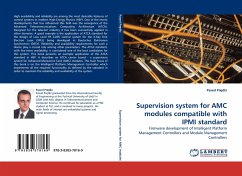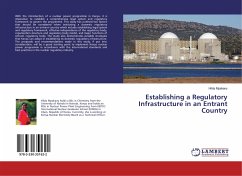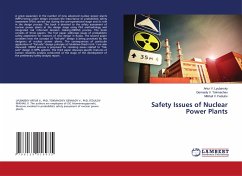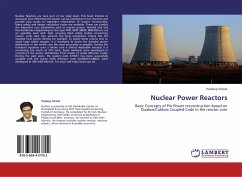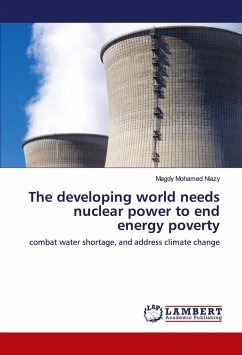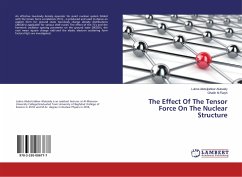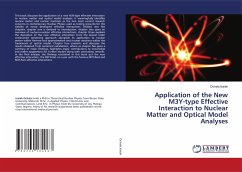Nuclear oversight is a subject that is increasing in importance and has today reached a point where it is perhaps the most affecting factor for the nuclear power industry. The main purpose of this project was to investigate and compare the different types of factors that affect the oversight and safety priorities of nuclear regulators. Further, the idea was to get an understanding of in which direction the regulatory work has changed, how it will change and what the complications of that might be. The report is based on literature studies together with 18 qualitative interviews with experienced utility- and regulatory personnel in Sweden, Finland, USA and Canada. The obtained result indicates that there is currently an ongoing harmonization of the reactor safety requirements taking place, especially in Europe. This harmonization is driven by a number of large international organizations with IAEA, WANO and WENRA being the most significant. The countries that will be most affectedby the harmonization are the ones that deviate most from the rest. All of the respondents in this study confirmed that the work associated with regulatory compliance will increase.
Bitte wählen Sie Ihr Anliegen aus.
Rechnungen
Retourenschein anfordern
Bestellstatus
Storno


